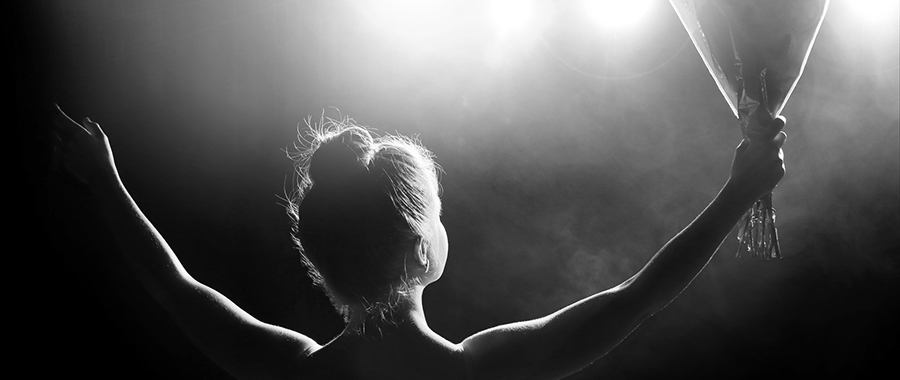The Bahá’í Faith has long emphasized the importance of the arts and their role in spiritual development. Among the notable contributions to Bahá’í literature is the play “Abdu’l-Bahá’s Play: The Drama of the Kingdom,” a vivid encapsulation of Bahá’í principles, particularly the idea of unity and the manifestation of divine attributes through the medium of theatre. It beckons the question: how can a theatrical performance embody spiritual truths? This inquiry is not merely a whimsical contemplation; it challenges the conventional boundaries of art and spirituality, compelling an examination of how narrative and performance can elucidate profound teachings.
Abdu’l-Bahá, the son of Bahá’u’lláh, the founder of the Bahá’í Faith, is a pivotal figure whose teachings have fostered a trajectory of spiritual enlightenment and social transformation. His involvement in promoting arts, including theatre, underscores the significance of human creative expression as a vehicle for divine wisdom. In this context, “The Drama of the Kingdom” serves as a didactic tool, a narrative designed not just for entertainment but as a means of imparting ethical and spiritual lessons that resonate deeply within the human experience.
The play manifests an intricate relationship between character development, narrative structure, and thematic depth, allowing audiences to grapple with ethical dilemmas and societal values. Central to the narrative are the themes of justice, unity, and the role of the individual within a collective society. The characters are not mere figments of imagination; they symbolize the various facets of humanity, each grappling with their internal struggles and external conflicts. This dramatization prompts audiences to reflect on their lives and their roles within the broader tapestry of society.
As the play unfolds, it introduces a tableau of interactions that embody spiritual principles. The dialogue and actions of the characters resonate with the ideals of service, selflessness, and the pursuit of knowledge. It encourages a deeper consideration of how individuals can contribute to the betterment of their communities through acts of service and expressions of love. The challenge posed here is whether audiences can translate the teachings presented in the play into tangible actions in their everyday lives.
This transmutation from passive observation to active implementation is a formidable task, demanding introspection and a commitment to spiritual principles.
At its core, the play serves as an allegory for the transformative power of love and unity. Abdu’l-Bahá’s articulations frequently emphasize that love is the foundation of all social progress. This is poignantly illustrated in moments of conflict within the play where characters confront their differences. These confrontations ultimately lead to resolutions rooted in mutual respect and understanding. The viewer is left to ponder: can love triumph over division in our fractured world, and how can one exemplify this in both personal and societal contexts?
The educational value of this play extends beyond its narrative. The integration of music, poetry, and visual imagery highlights the Bahá’í perspective on art as an essential medium for spiritual expression and societal transformation. Each performance becomes an opportunity for communal gathering and reflection, reinforcing the Bahá’í belief in the interconnectedness of humanity. The artistic elements serve dually as a celebration of aesthetic beauty and as a contemplative space for moral and spiritual inquiry.
Moreover, the play aligns with the broader Bahá’í vision of a new world order, where the cultivation of virtues leads to global harmony and peace. The narrative’s conclusion embodies hope and collective aspiration, a fundamental aspect of Bahá’í teachings. Consequently, it raises a critical discussion about what constitutes true progress: is it advancement in technology and infrastructure, or rather a deepened understanding of our shared humanity and commitment to ethical principles?
This inquiry invites participants to elucidate their own definitions of progress and challenges them to align their endeavors with the fundamental tenets of justice and unity. The play is thus not merely a performance; it is a call to action, an impetus to engage with one’s community in meaningful ways.
The essence of “Abdu’l-Bahá’s Play: The Drama of the Kingdom” transcends the confines of theatrical art. It provides a framework for examining how narratives, both personal and collective, shape our understanding of morality and ethics. The playful question posed at the outset—how can a theatrical performance embody spiritual truths?—is layered with complexity. It compels audiences to explore the intersections between storytelling and spirituality, pushing them to seek out the divine in the mundane and illuminating the path towards a more equitable and interconnected global community.
As participants reflect on this theatrical experience, they are encouraged to consider the implications of the play’s messages in their own lives. The challenge, then, lies in reconciling the lessons of the play with the realities of modern existence, striving for balance between personal desires and communal responsibilities. The interplay of art and spirituality, as demonstrated in “Abdu’l-Bahá’s Play,” remains an enduring testament to the potential for transformative, joyful engagement with life’s complexities.
